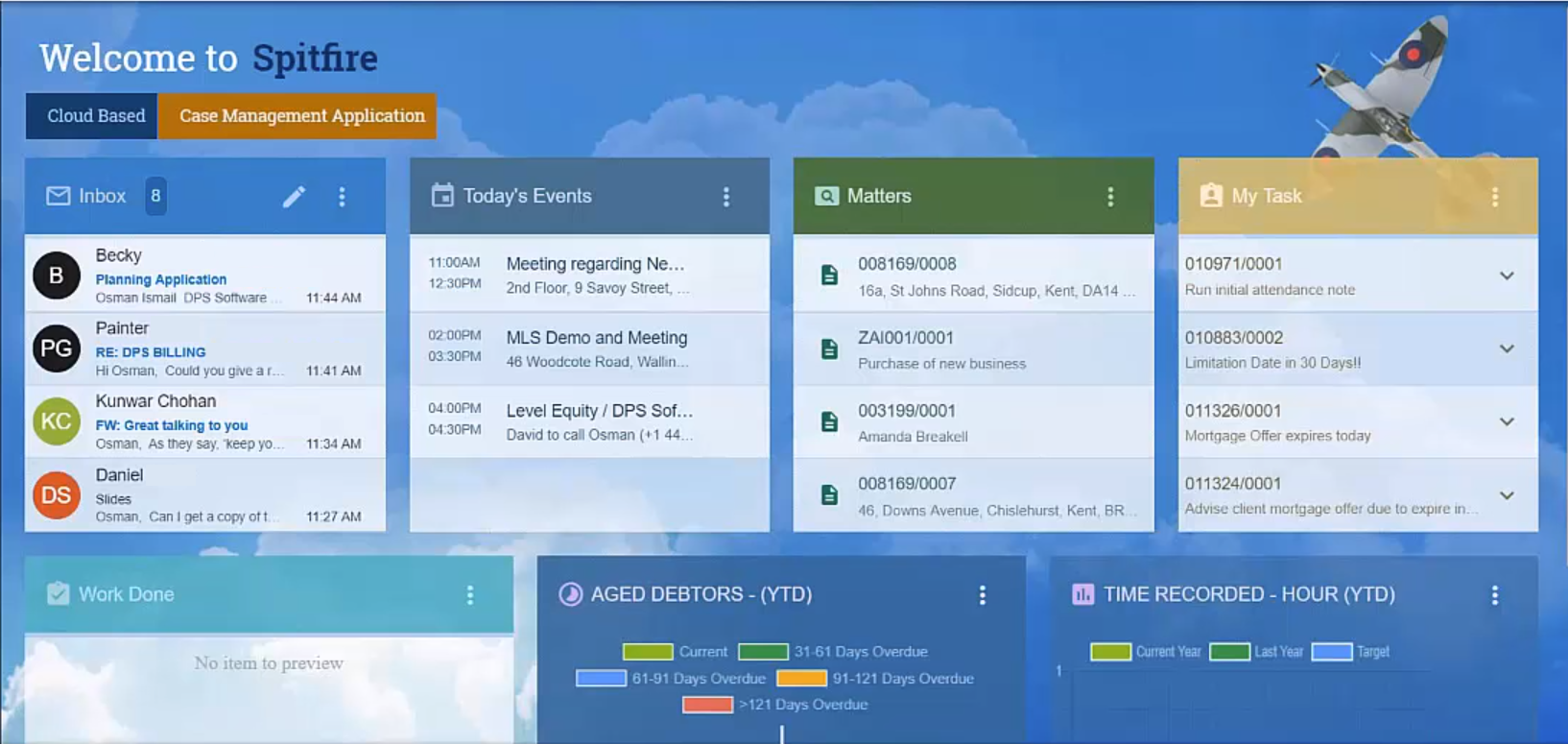Year: 2018

Tracking: your digital trail
“Big Brother is Watching You” ― George Orwell, 1984 Although he wrote his dystopian masterpiece even before ARPANET was a twinkle in the eye of the US Department of Defense, Orwell described the essence of a society in which words, actions and even thoughts are constantly monitored. In 2018, the society he described is no […]
Read More
Open law: digital common property
Open law is the idea that public legal information should be freely available to everyone to access, use and republish. The current position in the UK differs completely as between legislation and case law. Legislation In 1996 HMSO started publishing primary and secondary legislation online, “as published” – so only accurate as at the day […]
Read More
The role of technology in legal advice and assistance
This article first appeared in Legal Web Watch June 2018. Legal Web Watch is a free email service which complements the Internet Newsletter for Lawyers. To receive Legal Web Watch regularly sign up here. Two recent reports consider in some detail the application of technology in delivering legal advice and assistance, viewed through different prisms. […]
Read More
Delia’s legal web picks June 2018
This article first appeared in Legal Web Watch June 2018. Legal Web Watch is a free email service which complements the Internet Newsletter for Lawyers. To receive Legal Web Watch regularly sign up here. The following items have been selected from Delia Venables’ “New” page. News from the Legal Software Suppliers Association (LSSA) The LSSA […]
Read More
How to improve your practice using browser-based software
Times are changing. The way we create, share and consume information has evolved rapidly and so to has the way we work. Now, more than ever, not only is it possible, but it is vitally important that a firm has remote access to its data from a multitude of devices. Why do we need remote […]
Read More
Outsourced typing services: the answer to your admin woes
At Quill, we’ve recently launched an outsourced typing service, called Quill Type, in association with Law Society-accredited Document Direct. Here’s why the new addition to our outsourcing portfolio has come about… Outsourced typing services are gaining traction in legal circles as law firms alleviate the unmanageable demands upon their limited internal typing resources. You see, […]
Read More
Developments in ODR and the online court
In an earlier contribution to the Newsletter I made the point that the partly hidden “A” as in Online Alternative Dispute Resolution, which tended to focus ODR’s perceived remit on out of court solutions such as mediation and arbitration, was beginning to disappear altogether as more focus was made on introducing ODR into the justice […]
Read More
Re-consenting to marketing under GDPR?
One of the questions we’ve most commonly been asked in recent months is “does the GDPR mean we have to get fresh consents from our entire marketing database?” In many (indeed, perhaps most) cases, the answer is “no” – though the explanation for this is not all that straightforward, and so the confusion here is […]
Read More
IT and practice management for chambers
There are not as many IT and practice management services for barristers as for solicitors but there are some very strong players available. Here are the key players in this market (based on my web page www.venables.co.uk/chambers-it.htm), followed by two short articles from key providers of services to chambers, Martin Poulter and Helen Ford, providing […]
Read More
Cryptocurrencies explained
Cryptocurrencies are a form of decentralised digital currency based on principles of cryptography. They use blockchain technology which is essentially a cryptographically secured method of recording data transactions which cannot be altered retroactively (see What is the blockchain?). Complicated mathematical equations need to be solved in order to generate each unit of the currencies, a […]
Read More
When and how to use 301 redirects
301 redirects are a way of ensuring online traffic gets sent to the most up-to-date version of a URL. For example, if you delete a page on a website and your customers try to access that page and it’s no longer there, they get an error message, which isn’t a great user experience, right? So, […]
Read More
Algorithms in law
Algorithms as artificial persons In Algorithms and the Law, a paper by Jeremy Barnett, Adriano Soares Koshiyama and Philip Treleaven, the authors discuss the emergence of algorithms as artificial persons and the need to formally regulate them. It aims to start discussion in the legal profession regarding the legal impact of algorithms on companies, software […]
Read More